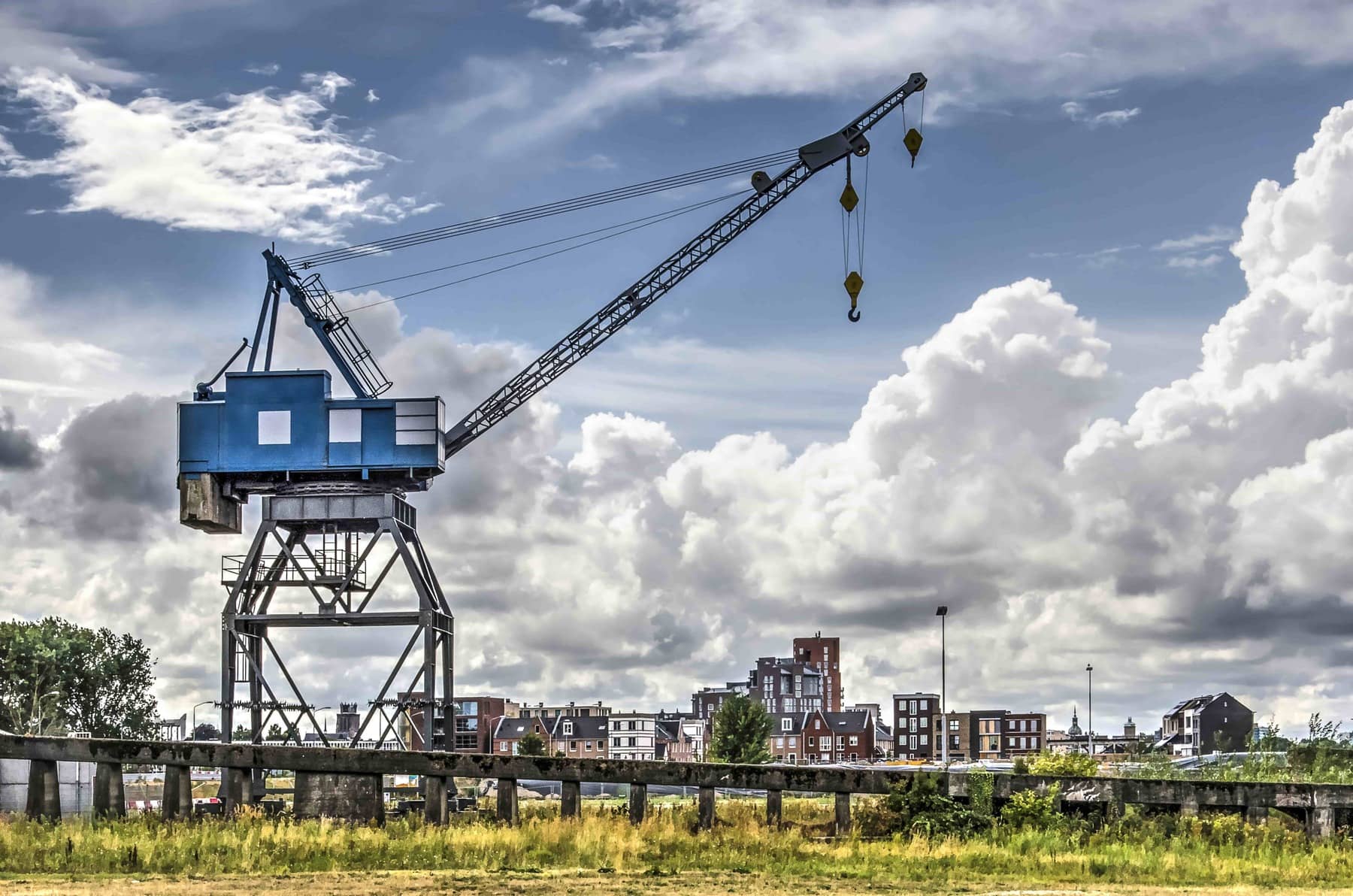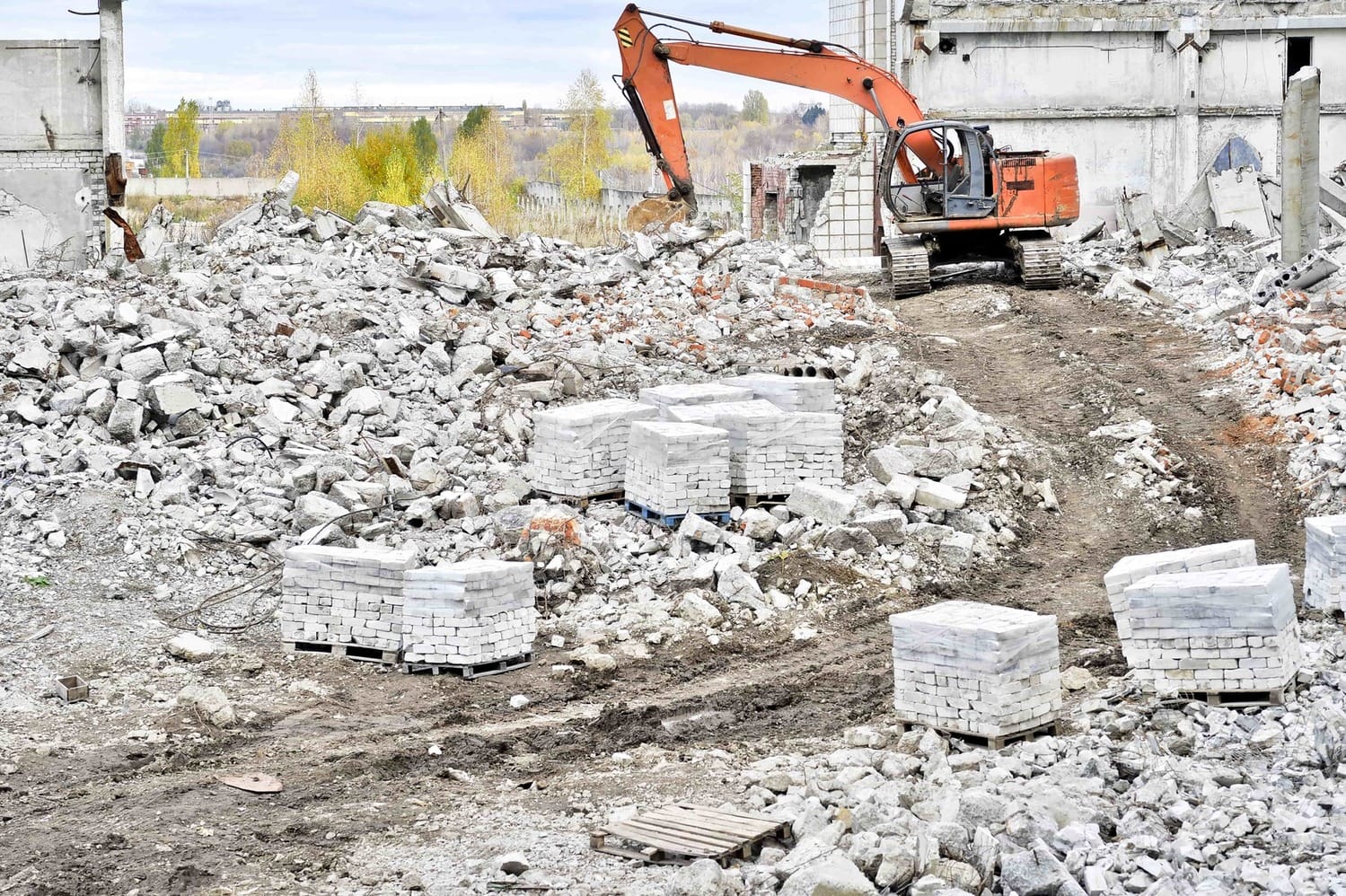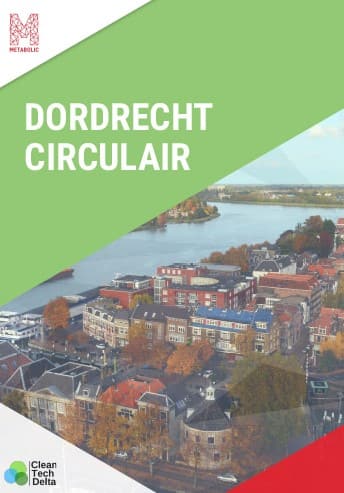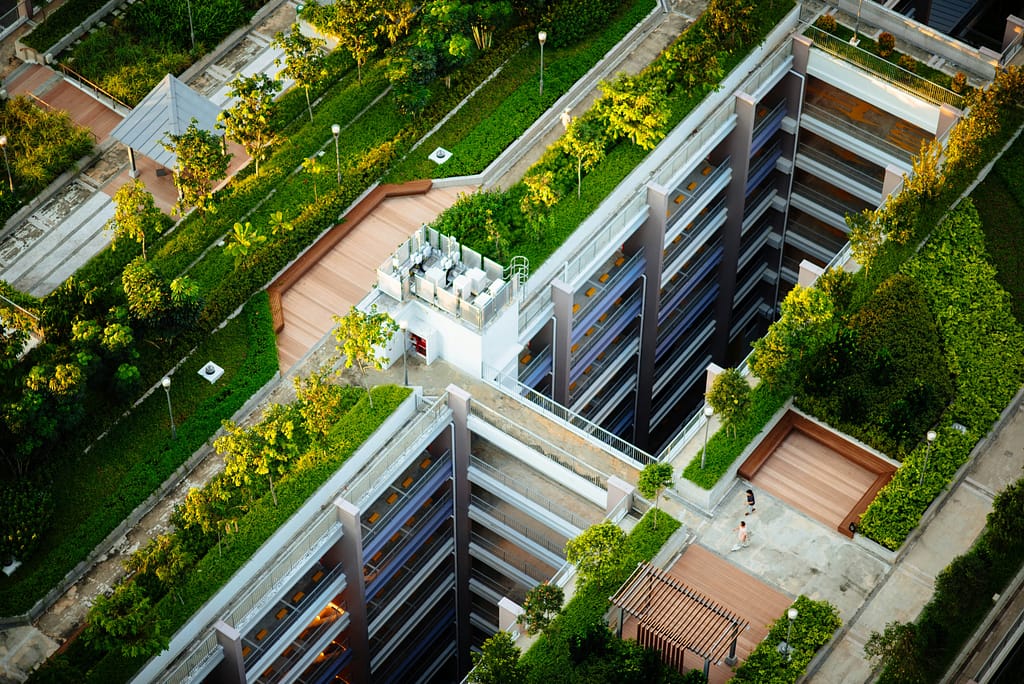Circular Dordrecht: Identifying circular business cases for the city
Analyzing Dordrecht’s waste to build circular business cases as strong as concrete.
The Municipality of Dordrecht, a city in South Holland, tasked Metabolic with undertaking material flow analyses of the construction and manufacturing sectors, in order to identify circular opportunities.
- Partner: CleanTech Delta
- Client: Municipality of Dordrecht
- Date: June 2019
The municipality of Dordrecht is undertaking an ambitious growth program targeting job creation and housing. The circular economy offers opportunities to realize these ambitions, and at the same time tackle wastage in the construction sector. Concrete is one of the biggest opportunities, representing 15-20% of all waste in Europe, with cement responsible for about 8% of the world’s carbon dioxide (CO2) emissions. Metabolic worked to provide Dordrecht a starting position for their investment agenda and business cases for further development.
We undertook two Material Flow Analyses (MFAs) for Dordrecht’s building and demolition sector, as well as the manufacturing sector. Based on our MFA’s and interviews undertaken by CleanTechDelta, we determined the most promising opportunities for new circular business models. We identified opportunities and bottlenecks across the city’s waste streams: for instance, wood is often co-fired in biomass plants or is processed in the pellet or wood fiber industry in Germany, where there could be more local opportunities.
After analysis of Dordrecht’s construction and manufacturing sectors, we provided ten business cases, and then more fully developed two particularly promising business cases related to concrete, which we identified as the biggest opportunity for circular solutions. The business cases are for C2CA (GBN): the separation, detection and recycling of concrete on site, and SmartCrusher (New Horizon & Rutte Group): the splitting concrete into fractions for the production of new concrete. The C2CA technique offers a payback period of about 6 years and a profit of around 660,000 euros per year, and the SmartCrushing technology pays for itself 1.6 years faster, with a potential profit of 2.3 million euros per year. The business cases create 8-30 jobs and reduce CO2 emissions by 22,500 tons per year in the region. The transition towards a circular concrete chain is considered as a good starting point for the further development of a circular economy in Dordrecht. The knowledge and experience gained can then be used to realize other circular opportunities, such as wood, metals and e-waste.








““To take concrete steps towards the circular economy, we chose to focus on the concrete material chain. In practice it will likely be a challenge to create a circular raw material flow at the municipal level; a regional approach is required. Closing commodity chains to deliver systemic change will be a step-by-step, bottom-up process that includes all stakeholders.”
Martijn Kamps, Metabolic Sustainability Consultant
Director
ANY QUESTIONS?
For more information about this project, please get in touch.






